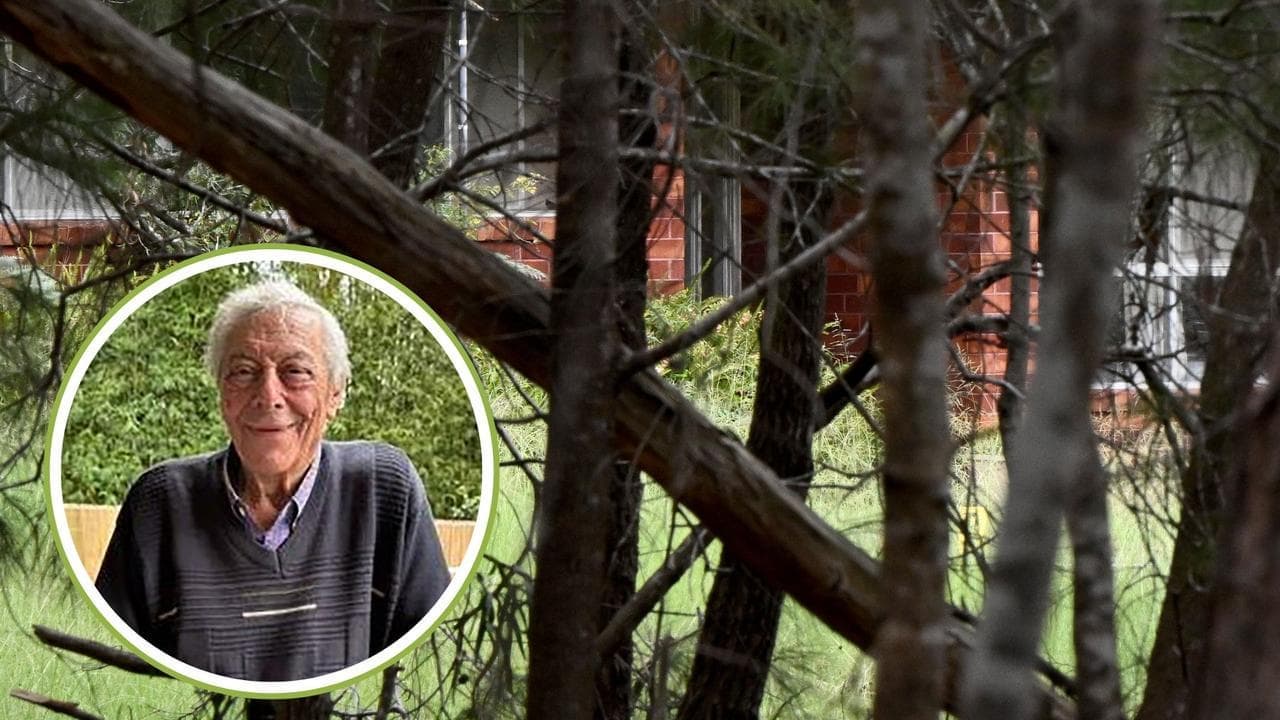The Statement
A meme, shared to Facebook by a user in Australia, includes a purported motivational quote from the late British author and theologian C S Lewis.
The meme text, which appears over a cartoon of a top hat-wearing figure and a rabbit staring into the distance, says: "You can't go back and change the beginning, but you can start where you are and change the ending."
At the time of writing, the December 24 post had attracted more than 12,000 shares and more than 1.1 million views. A November 25 post featuring the same meme has been shared more than 24,000 times.

The Analysis
While C S Lewis is well-known for his books and theological writings, the quote shared on Facebook is one of many misleadingly attributed to the writer that have gone viral, according to experts.
Lewis (1898-1963), was a British author and academic best known for the classic children's books, The Chronicles of Narnia series.
Regarding the Facebook post, Steven Elmore, president of the C.S. Lewis Foundation, told AAP FactCheck in an email that the quote "is not one I've ever encountered by Lewis".
William O'Flaherty is the author of a book The Misquotable C.S. Lewis, which explores the phenomenon of inaccurate Lewis quotes. Much of the research for his book is featured on his website, including a look at the quote shared in the post.
"(I did) search various word combinations from the version falsely attributed to Lewis to confirm the words are not in any of the published works by him," he wrote.
The website Quote Investigator also featured a post on the quote's possible origins - and found no link to C S Lewis. Its analysis found the quote appeared to be based on similar wording in a 1982 book by author James Sherman called Rejection.
"You can't go back and make a new start, but you can start right now and make a brand new ending," a quote from the book reads.
Sherman published a series of motivational and self-help works in the 1980s and early 1990s with titles such as Stop Procrastinating: Get to Work, Farewell to Fear and How to Overcome a Bad Back.
Dr Jedidiah Evans, an associate lecturer in writing studies at the University of Sydney, agreed the quote was not by Lewis, adding that it didn't match up with the author's thinking as captured in other writings.
"This doesn't sound like Lewis to me," he told AAP FactCheck in an email.
Dr Evans compared the quote to a passage by Lewis in his 1952 book, Mere Christianity: "We all want progress. But progress means getting nearer to the place where you want to be. And if you have taken a wrong turning, then to go forward does not get you any nearer. If you are on the wrong road, progress means doing an about-turn and walking back to the right road; and in that case the man who turns back soonest is the most progressive man."
Dr Evans said the passage showed Lewis "in gentle opposition" to the meme quote, suggesting that "going back is perhaps precisely what we ought to be doing, if we're on the wrong path".
Mr Elmore, from the C.S. Lewis Foundation, also cited the same book, telling AAP FactCheck: "My guess is that it is someone else's paraphrase of Lewis's quote from Mere Christianity."
As to why C S Lewis is frequently misattributed, O'Flaherty said it's likely the famous author is credited because "people want a highly recognisable individual associated with something they enjoy or already agree with. It adds 'weight' to the expression".
He said another reason could be due to "an honest blunder", adding: "Someone reads something referenced in a book and checks the footnote, but notices the name either before or after it without realising the error."
The purported quote has also been debunked here, while AAP FactCheck has previously investigated other quotes misattributed to Lewis.

The Verdict
Several experts on C S Lewis and his writings told AAP FactCheck there was no evidence that the post's quote is from the British author. Similar wording does appear, however, in a 1982 book by James Sherman.
False - Content that has no basis in fact.
AAP FactCheck is an accredited member of the International Fact-Checking Network. If you would like to support our independent, fact-based journalism, you can make a contribution to AAP here.












